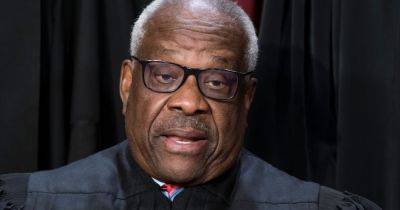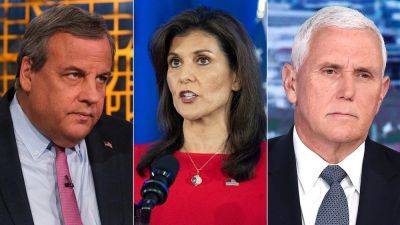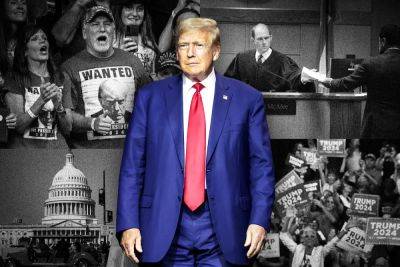How are musicians supposed to survive on $0.00173 per stream?
Many of the younger musicians I know – musicians in the full flush of their career – don’t see a path forward toward making a living. These aren’t artists failing to connect with a public; on the contrary, they are releasing widely reviewed albums, going on tours and communicating (constantly) with their fans via social media. But this work is not paying them enough to manage without second jobs or side hustles.
That’s a broken system. It’s not just broken for individual artists, it’s broken for our society as a whole. We all benefit from music. And I believe we as a society want that music to come from as wide and deep and rich and varied sources as exist. How could we not?
Yet that’s not what is paramount for those holding the finances of recorded music in their hands. In the platform era, the income for recording artists depends on a handful of massively capitalized corporations: Spotify, Apple, Amazon and Google dominate streaming, and streaming now accounts for 84% of all recorded music revenue in the US. There’s almost nothing left for recorded music outside that system.
What that system is paying for content is an average, across these platforms, of approximately $0.00173 per stream. And that meager amount, believe it or not, doesn’t even go directly to the artist. It goes to the rights holder for the master recording, which is usually a record label – which then splits this income with artists according to individual contracts, with a typical artist share somewhere between 15% and 50%.
The math, at this point, is beyond ridiculous. Which is why so many younger artists I know simply don’t see a path forward in recorded music. What’s more, this crisis has come to a head just as AI enters the scene, threatening to do







